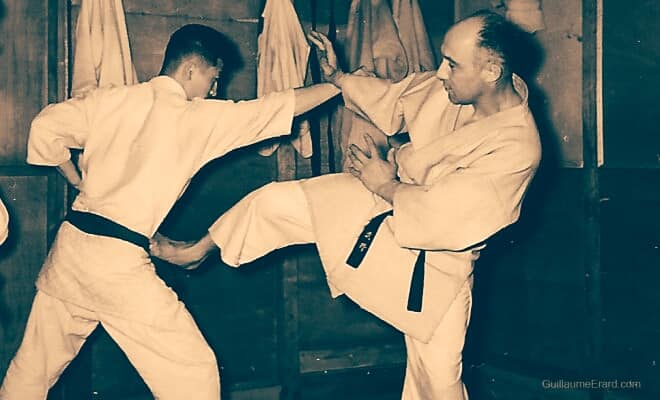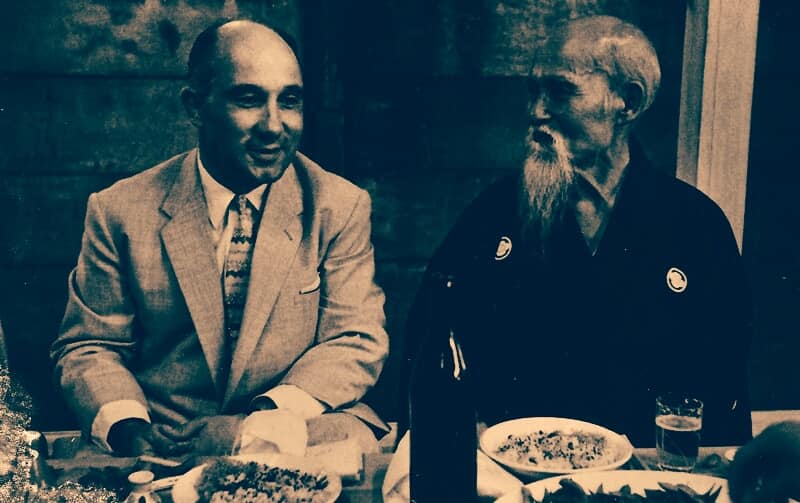In Japan, senpai (先輩, “senior”) and kōhai (後輩, “junior”) represent an informal hierarchical interpersonal relationship found in organizations, associations, clubs, businesses, and schools. The concept has its roots in Confucian teaching, but it has developed a distinguished Japanese style, ultimately becoming part of Japanese culture.
The relationship is an interdependent one, as a senpai requires a kōhai and vice versa, and establishes a bond determined by the date of entry into an organization.Senpai refers to the member of higher experience, hierarchy, level, or age in the organization who offers assistance, friendship, and counsel to a new or inexperienced member, known as the kōhai, who must demonstrate gratitude, respect, and occasionally personal loyalty.

The kōhai defers to the senpai’s seniority and experience, and speaks to the senpai using honorific language. The senpai acts at the same time as a friend. This relation is similar to the interpersonal relation between tutor and tutored in Eastern culture, but differs in that the senpai and kōhai must work in the same organization.
The relation originates in Confucian teaching, as well as the morals and ethics that have arrived in Japan from ancient China and have spread throughout various aspects of Japanese philosophy. The senpai–kōhai relation is a vertical hierarchy (like a father–son relation) that emphasizes respect for authority, for the chain of command, and for one’s elders, eliminating all forms of internal competition and reinforcing the unity of the organization.
To be continued…
Source: Facebook/Aikido




One thought on “Spirit of Japan: Senpai and kohai (Part 1)”
Comments are closed.